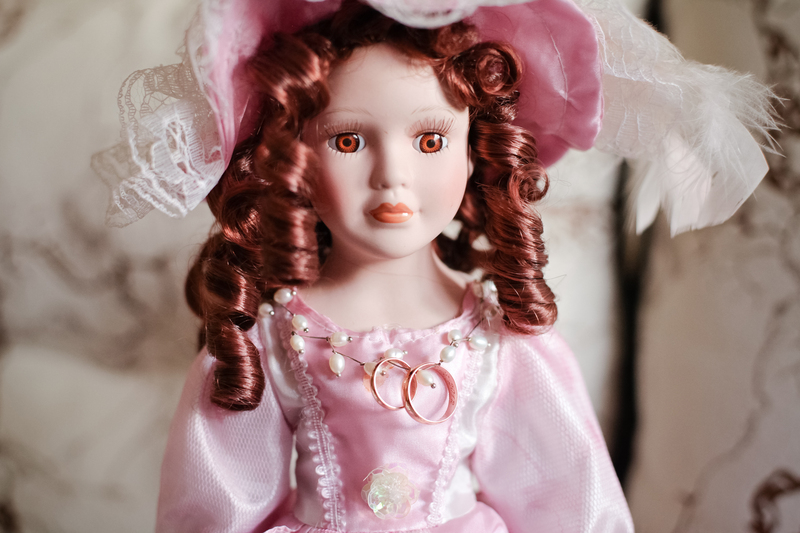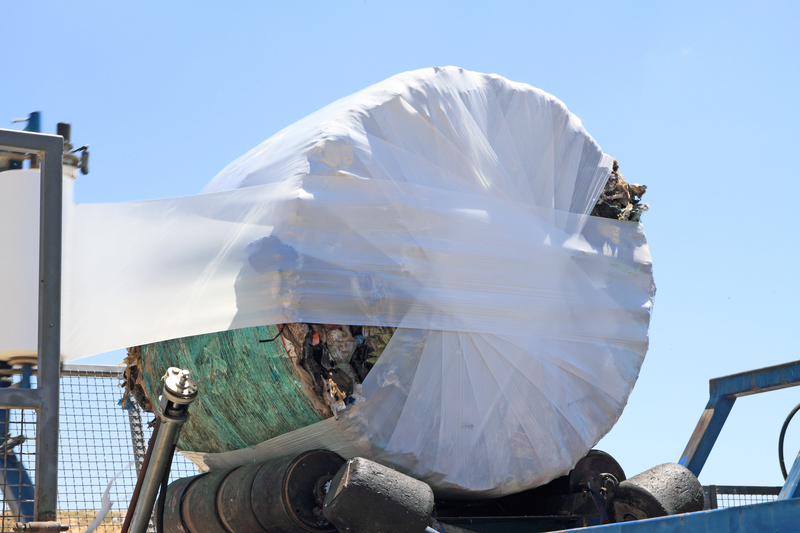Tips for Disposing of Used PPE Without Harming Wildlife
In the wake of the global health crisis, the widespread use of personal protective equipment (PPE)--such as masks, gloves, and face shields--has reached an all-time high. While crucial for human safety, improper disposal of used PPE has become a growing concern for our environment and, notably, our wildlife. As these materials accumulate in nature, they can pose significant threats to animals and natural habitats. In this comprehensive guide, we'll cover the best tips for disposing of used PPE without harming wildlife, explain why responsible disposal is essential, and highlight effective, eco-friendly practices.
Why Proper PPE Disposal Matters for Wildlife
The use of single-use masks and gloves plays a vital role in disease prevention, but these items rarely biodegrade. When discarded carelessly, PPE items can make their way into parks, waterways, and oceans, where they:
- Entangle small animals, causing injuries or even death
- Break down into dangerous microplastics, which enter the food chain
- Become mistaken for food, leading to ingestion and internal damage
Improper PPE disposal is both an environmental and ethical issue. By managing our waste responsibly, we can protect our ecosystems from unnecessary harm.

Understanding the Environmental Impact of PPE
PPE items, such as surgical masks, gloves, and face shields, are usually made from polymers like polypropylene. These plastics are designed for durability--not decomposition--making them particularly problematic for nature's processes.
According to recent studies, an estimated 1.6 billion disposable masks entered the world's oceans in 2020 alone. These masks and gloves aren't just eyesores; they're dangerous pollutants that can take hundreds of years to break down. Animals including birds, turtles, and fish may suffer when entangled in or ingesting these items.
The good news? Small changes in how individuals, communities, and businesses handle PPE disposal can make a big difference for wildlife and the environment.
Best Practices for Disposing of PPE Responsibly
Following best practices is essential for safe PPE disposal that protects wildlife. Here are actionable steps everyone can take:
1. Always Use a Lidded Trash Bin
- Do not litter PPE, even in outdoor settings: Used masks and gloves discarded on the ground can easily be picked up by the wind or rain, ending up in waterways and wildlife habitats.
- Place all used PPE in bins with secure lids: This ensures animals can't access the trash and reduces the risk of items being blown away.
2. Never Recycle Used PPE With Household Recycling
- *Masks, gloves, and similar equipment are not recyclable through municipal recycling systems*. Placing them in recycle bins contaminates the recycling stream and puts waste workers at risk.
- Always use designated waste streams for PPE disposal.
3. Cut the Straps of Masks
- Before discarding masks, snip the ear loops with scissors. This simple act can prevent birds and mammals from becoming entangled, which is a leading cause of injury.
4. Double-Bag Used PPE If You're Sick
- If you're unwell or suspect COVID-19 infection, double-bag your used PPE before disposal. This protects sanitation workers and prevents accidental releases.
5. Support and Look for PPE Collection Programs
- Some organizations offer PPE-specific collection programs for recycling or safe disposal. Seek out these programs in your community if available.
6. Choose Reusable PPE Whenever Possible
- Reusable cloth masks can significantly reduce waste if used, washed, and maintained according to health guidelines.
- Investing in high-quality, reusable PPE means fewer single-use items are disposed of in the environment.
7. Educate Others About Proper PPE Waste Disposal
- Spread the word about responsible PPE disposal methods among friends, family, and community members.
- Participate in or organize local clean-up initiatives to remove discarded PPE from natural spaces.
Common Mistakes That Harm Wildlife
Even well-intentioned individuals can make mistakes when disposing of used PPE. Here are some common pitfalls:
- Flushing masks, gloves, or wipes down toilets--these can clog plumbing and pollute waterways.
- Dropping masks on sidewalks or roads--these items often find their way into storm drains and eventually local rivers, lakes, or oceans.
- Burning plastic-based PPE items--this releases toxic chemicals into the air and increases health risks.
How Wildlife Is Affected by Improper PPE Disposal
Wildlife is particularly vulnerable to discarded PPE, which often mimics natural materials in appearance and behavior. The most common threats include:
- Physical entanglement: Animals can become trapped by mask straps or gloves, restricting movement and causing injury or even death.
- Ingestion: Birds, marine life, and mammals may mistake PPE for food, causing blockages, malnutrition, or poisoning.
- Habitat pollution: Accumulation of plastic PPE degrades soil and water quality, harming plants and the animals who depend on those ecosystems.
By understanding these impacts, we can better appreciate the importance of proper PPE waste management.
Eco-Friendly Alternatives and Solutions for PPE Disposal
While single-use PPE is often necessary, particularly in healthcare settings, there are more eco-friendly alternatives and disposal solutions for the general public:
- Biodegradable masks and gloves: Some companies now offer PPE made with biodegradable materials that break down faster and reduce environmental harm.
- PPE recycling initiatives: Organizations like TerraCycle provide programs to recycle single-use masks, turning them into useful secondary products instead of landfill waste.
- Community collection points: Local governments and private groups may establish PPE drop-off bins to manage disposal more safely and sustainably.
- Cloth face coverings: In non-clinical situations, reusable fabric masks are both effective and dramatically reduce waste output.
What to Do If You Find Discarded PPE in Nature
If you discover littered masks, gloves, or face shields, you can help protect wildlife by following these steps:
- Wear gloves and use a litter picker or tongs to safely collect the items.
- Double-bag the waste if possible to avoid contaminating your immediate environment and wash your hands thoroughly afterward.
- Dispose of collected PPE in a secure, lidded landfill bin.
By taking these precautions, you minimize the risk to yourself and to local wildlife.
Engaging Your Community in PPE Waste Stewardship
One of the most effective ways to address this issue is through community-based initiatives. Here's how you can make a larger impact:
- Organize clean-up drives: Gather volunteers to remove PPE litter from parks, beaches, and public spaces.
- Ask local authorities for better signage and more bins: Having visible reminders in public areas increases proper disposal.
- Start educational campaigns: Use social media, newsletters, or workshops to raise awareness about the effects of improper PPE disposal on wildlife.

Key Takeaways on Disposing of PPE Without Harming Wildlife
To summarize, here are the most important tips for disposing of used PPE without harming wildlife:
- Never litter: Always place used PPE in secured bins, not on the ground or in nature.
- Do not recycle used PPE: These items belong in general waste, unless a special recycling solution is available.
- Cut mask straps before throwing them away.
- Use reusable PPE where appropriate.
- Support or initiate community stewardship to clean up public areas and educate others.
Conclusion: Our Role in Protecting Wildlife from PPE Waste
As we continue using personal protective equipment to safeguard public health, it's vital to also safeguard our planet. Together, we can prevent the harmful consequences of PPE pollution by embracing responsible waste disposal habits. Each step--whether it's cutting the straps off a mask, seeking out recycling programs, or educating our neighbors--contributes to the well-being of wildlife and maintains a healthier, cleaner home for all.
Remember: Proper PPE disposal is not just a personal responsibility--it's a collective environmental duty. Let's keep our habitats safe and thriving, both for ourselves and for the creatures who share our world.
```